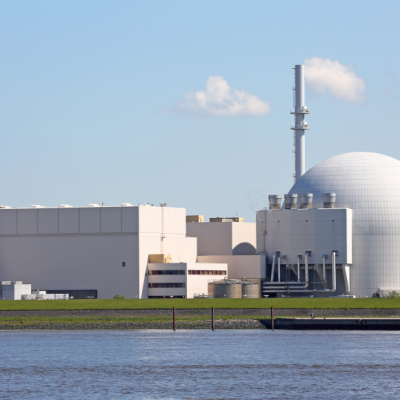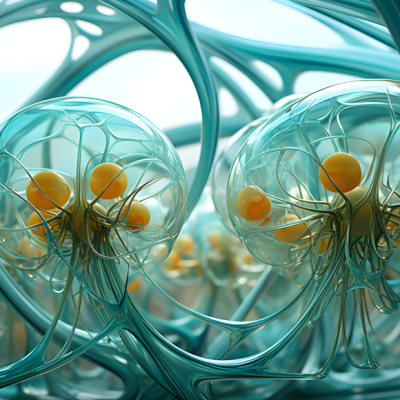France Accelerates Nuclear Power Plant Construction to Reduce Dependence on Russia
France, which already produces three-quarters of its electricity from nuclear power plants, has passed a new law to significantly accelerate the construction of additional nuclear power plants. One of the goals is to reduce dependence on Russia for energy supply. In contrast to Germany, where the majority of the population opposes nuclear power, French President Emmanuel Macron announced the renaissance of French nuclear power in February 2022. This includes extending the lifespan of existing nuclear power plants, building six new nuclear power plants, and examining eight additional nuclear power plants.
The law, drafted by the Macron government in November 2022, was passed by the French National Assembly on Tuesday. The main goal is to accelerate the construction of new nuclear power plants in the immediate vicinity of existing facilities. The law, which was negotiated in the mediation committee, was passed by a majority of 399 deputies, while 100 voted against it and 39 abstained. Agnès Pannier-Runacher, the French Minister for the Energy Transition, expects the newly passed law to shorten the approval process for nuclear power plants by about two years.
The law specifically addresses the construction of conventional nuclear power plants in the immediate vicinity of existing facilities and also includes the consideration of Small Modular Reactors (SMRs). SMRs are nuclear power plants with an electrical capacity of up to 300 MW, whose core components are provided in modular units. However, a recent study by the Center for International Security and Cooperation (CISAC) at Stanford University and the Swedish Nuclear Fuel and Waste Management Company showed that these modular small reactors produce significantly more nuclear waste in relation to the electricity generated than conventional nuclear power plants.
In addition, a meeting was recently held in Paris with representatives from 15 other European nations to discuss the establishment of a new nuclear alliance. This group, which first met in late February on a smaller scale, advocates cross-border cooperation in nuclear energy. The nuclear alliance predicts that by building up to 45 new conventional reactors and developing SMRs, nuclear energy could potentially contribute up to 150 GW of electricity to the EU by 2050. This would also create approximately 300,000 jobs, both directly and indirectly. Another argument for expanding nuclear power is that it would reduce Europe’s dependence on Russia.










